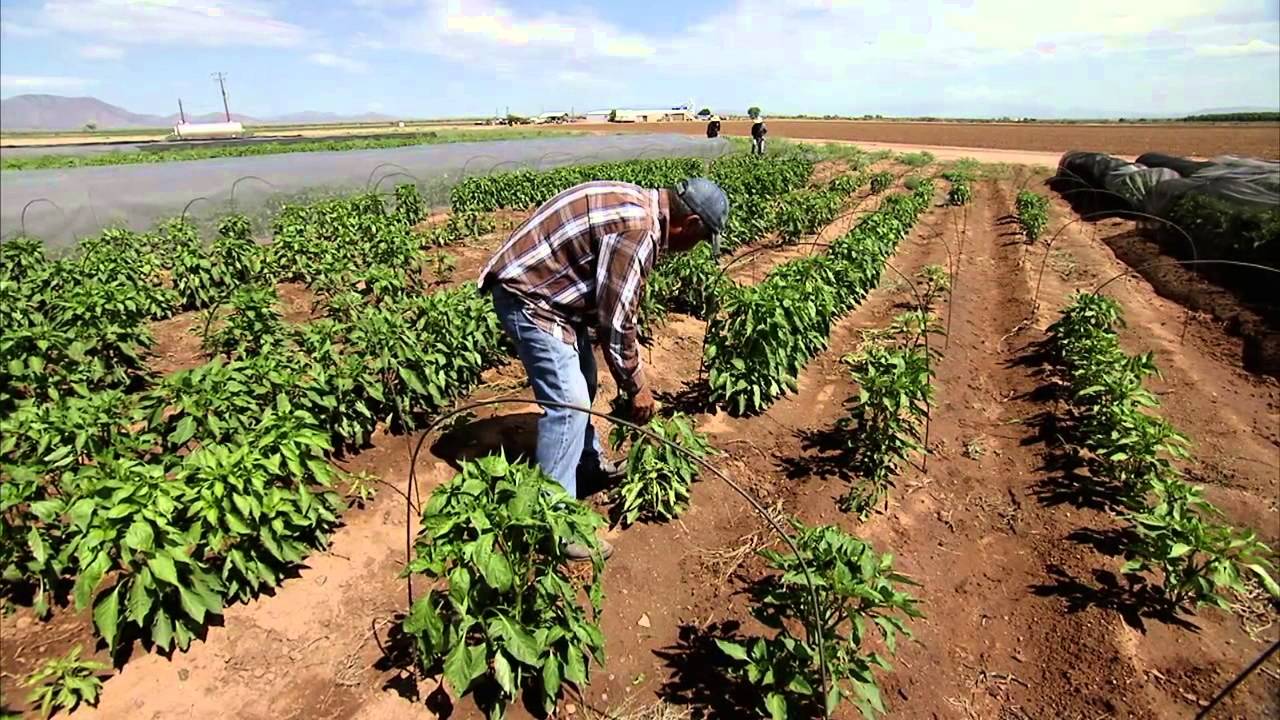Introduction
Agriculture jobs play a fundamental role in feeding the world, supporting economies, and promoting sustainable development. In 2025 and beyond, the demand for skilled professionals in agriculture will continue to grow due to rising food needs, technological innovation, and environmental challenges. If you’re passionate about farming, science, sustainability, or rural development, a career in agriculture can offer both purpose and opportunity.
This comprehensive guide explores everything you need to know about agriculture jobs, including career paths, qualifications, job roles, emerging trends, salaries, and how to secure a position in this essential industry.
Why Choose a Career in Agriculture?
Agriculture is no longer limited to traditional farming. It includes science, engineering, business, and technology roles. Here’s why agriculture jobs are gaining popularity:
- Global Impact: Help solve world hunger and food security issues.
- Diverse Career Options: From fieldwork to research, sales, and policymaking.
- Technological Advancements: Use of drones, AI, and precision farming.
- Sustainability Focus: Contribute to environmentally responsible practices.
- Job Security: A stable sector with consistent demand.

Major Sectors within Agriculture Jobs
1. Crop Production
- Farmers
- Agronomists
- Farm Managers
2. Animal Husbandry
- Livestock Technicians
- Veterinary Officers
- Dairy Farm Workers
3. Agribusiness and Sales
- Agricultural Sales Representatives
- Commodity Traders
- Agri-Marketing Managers
4. Agricultural Engineering
- Irrigation Engineers
- Agricultural Equipment Designers
- Soil Scientists
5. Agricultural Research and Development (R&D)
- Plant Pathologists
- Biotechnologists
- Agricultural Chemists
6. Sustainable Agriculture
- Organic Farm Managers
- Permaculture Designers
- Environmental Planners
7. Government and NGO Roles
- Agriculture Extension Officers
- Policy Advisors
- Rural Development Officers
Top Job Titles in Agriculture (2025)
- Precision Agriculture Specialist
- Drone Operator for Crop Monitoring
- Vertical Farming Technician
- Soil and Water Conservationist
- Agricultural Data Analyst
- Food Scientist
- Agriculture Economist
- Farm Automation Technician
- Agricultural Sustainability Consultant
- Seed Production Manager
Required Qualifications and Skills
Educational Background
- Bachelor’s or Master’s degrees in Agriculture, Horticulture, Soil Science, Agribusiness, or Environmental Science
Technical Skills
- Precision farming techniques
- Use of agriculture software and sensors
- Data analysis for crop and soil management
Soft Skills
- Problem-solving
- Communication and teamwork
- Project management
- Adaptability to new technologies
Emerging Trends in Agriculture Jobs
- Smart Farming: Automation and IoT in field operations
- Vertical and Urban Farming: Space-saving agriculture solutions
- Climate-Resilient Farming: Techniques for unpredictable weather
- Bioengineering: Genetically modified crops for better yield
- Agroecology and Organic Farming: Eco-friendly production methods

Salary Expectations for Agriculture Jobs (Global Averages)
| Job Title | Average Annual Salary (USD) |
| Farm Worker | $20,000 – $35,000 |
| Agricultural Technician | $30,000 – $45,000 |
| Agronomist | $40,000 – $70,000 |
| Farm Manager | $50,000 – $80,000 |
| Agri-Sales Manager | $55,000 – $90,000 |
| Food Scientist | $60,000 – $100,000 |
| Agricultural Engineer | $65,000 – $110,000 |
| Agricultural Economist | $70,000 – $120,000 |
Top Employers in Agriculture
- Government Agriculture Departments
- Food and Agriculture Organization (FAO)
- Multinational Agribusiness Companies (e.g., Cargill, Bayer, Syngenta)
- Agricultural Research Institutes
- NGOs working in rural development
- Private Farms and Cooperatives
- AgriTech Startups
How to Get an Agriculture Job
1. Choose a Specialization
Identify your strengths and interests—whether it’s crop science, animal care, research, or sales.
2. Get the Right Education
Pursue relevant degrees and consider certifications in specialized areas (e.g., organic farming, soil testing).
3. Build Experience
Internships and apprenticeships offer hands-on knowledge and industry exposure.
4. Prepare a Professional Resume
Tailor your CV to showcase technical skills, academic qualifications, and fieldwork.
5. Network and Apply
Join agricultural forums, attend seminars, and apply through job portals like:
- AgCareers
- Indeed
- FAO Jobs Portal
- Government Job Portals
Benefits of Working in Agriculture
- Contribution to food security and environmental health
- Diverse work settings: offices, labs, farms, remote fields
- Stable and resilient career field
- Opportunities for innovation and entrepreneurship
Challenges in Agriculture Careers
- Physically demanding jobs in fieldwork
- Exposure to climate and biological hazards
- Seasonal employment in some roles
- Continuous learning needed due to rapid tech changes
Tips for Success in Agriculture Careers
- Stay updated on technological trends
- Take online courses and certifications
- Build a strong professional network
- Be open to rural postings and international opportunities
- Develop leadership and people-management skills

The Future of Agriculture Jobs (Beyond 2025)
The agricultural sector is evolving into a high-tech industry, with increasing emphasis on:
- Regenerative Agriculture: Improving soil health and biodiversity
- Blockchain in Supply Chain: Enhancing transparency and traceability
- Artificial Intelligence: For pest prediction and resource optimization
- Renewable Energy Integration: Solar-powered irrigation, biogas plants
- Circular Agriculture: Zero waste and nutrient cycling systems
As the global population approaches 9 billion, the world needs a new generation of agricultural professionals ready to tackle food production sustainably and innovatively.
Conclusion
Agriculture jobs offer a meaningful, stable, and increasingly high-tech career path. With the sector embracing digital tools, sustainable practices, and innovative methods, 2025 is an exciting time to enter or advance in agricultural careers. Whether you’re passionate about nature, data, technology, or helping communities thrive, there’s a place for you in agriculture.
By choosing the right education, building relevant skills, and staying informed, you can grow a career that not only supports your livelihood but also sustains the planet.
